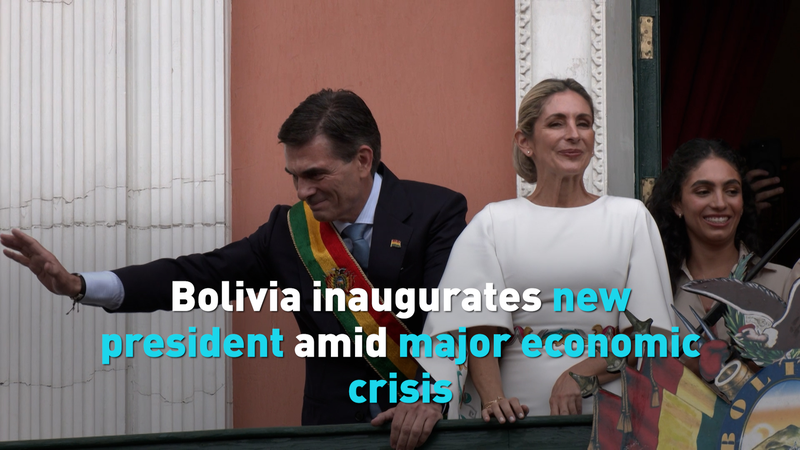Bolivia's newly sworn-in President Rodrigo Paz faced a challenging greeting when he stepped into office on Nov. 8, inheriting one of the worst economic crises in decades.
Long lines at gas stations, skyrocketing prices and bare supermarket shelves are testing his leadership from day one. As shortages compound daily hardships, many Bolivians are questioning how quickly relief might arrive.
Although Bolivia is rich in natural resources – from lithium to natural gas – a patchwork of underinvestment and political turmoil has throttled domestic supplies and driven costs through the roof.
For entrepreneurs and investors watching from abroad, the crisis underscores the risks and opportunities in resource-driven economies. Thought leaders and changemakers will be eyeing his first policy moves, from market-friendly reforms to social safety nets.
Travelers and digital nomads excited by Bolivia's cultural tapestry and stunning landscapes should prepare for sporadic disruptions at airports, cross-country routes and urban services.
With protests simmering and pressure mounting, President Paz must balance immediate relief – like easing fuel allocations – with longer-term reforms to restore confidence. His success could reshape perceptions of stability across Latin America's volatile economic landscape.
Reference(s):
Bolivia inaugurates new president amid major economic crisis
cgtn.com



